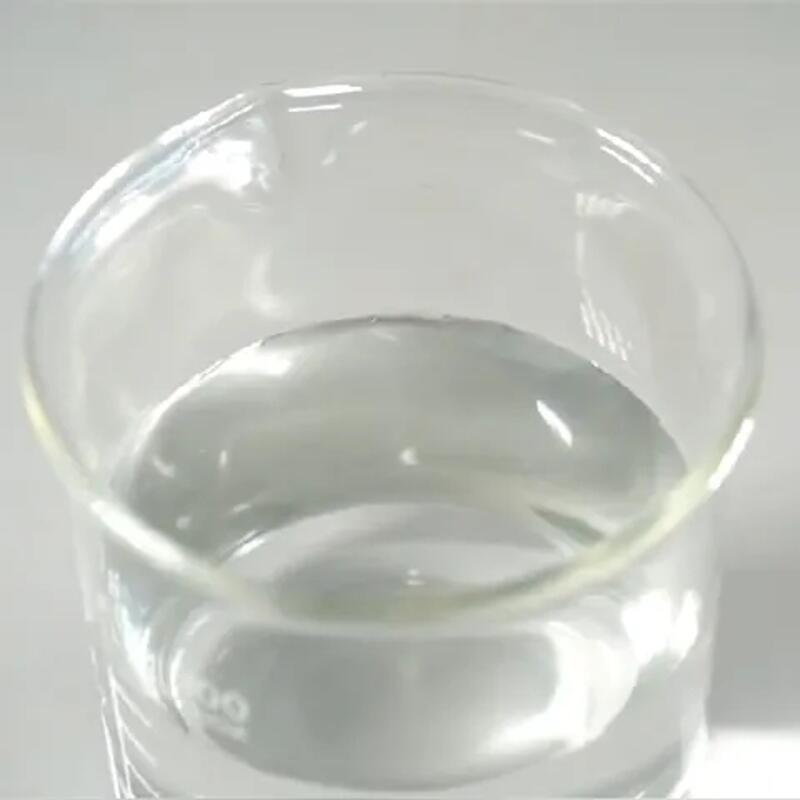-
Categories
-
Pharmaceutical Intermediates
-
Active Pharmaceutical Ingredients
-
Food Additives
- Industrial Coatings
- Agrochemicals
- Dyes and Pigments
- Surfactant
- Flavors and Fragrances
- Chemical Reagents
- Catalyst and Auxiliary
- Natural Products
- Inorganic Chemistry
-
Organic Chemistry
-
Biochemical Engineering
- Analytical Chemistry
-
Cosmetic Ingredient
- Water Treatment Chemical
-
Pharmaceutical Intermediates
Promotion
ECHEMI Mall
Wholesale
Weekly Price
Exhibition
News
-
Trade Service
Vascular reconstruction surgery in the legs is often performed, but it is costly and risky.
commonly used neural axis (epidural or spinal cord) anesthesia improves clotting, increases blood flow outside, avoids intra-valve fixation and mechanical aeration, and slows surgical stress response.
and there are currently some randomized trials and cohort studies that are limited by the confusion of adaptation disorders, reporting inconsistent improvements in clinical outcomes between neuroaxial anesthesia and general anesthesia.
recently, a new study published in the BMJ compared the relationship between neuroaxial or general anaesthetic and clinical outcomes, hospitalization time, and re-admission in adults undergoing vascular recirculation surgery on the lower extremities.
study included 20,988 patients, with the main result being 30 days of total death.
secondary results were heart and kidney complications, hospitalization time and re-admission within 30 days.
multivariable, mixed-effect regression model is used to adjust according to the characteristics of patients, surgery and hospitals to estimate the correlation between anesthesia techniques and results.
results showed that of the 20,988 patients who underwent lower limb vascular reconstruction surgery, 6,453 (30.7%) received neural axis anesthesia and 14,535 (69.3%) received general anaesthetic.
in all included hospitals, the use of neural anaesthetic ranged from 0.6 to 90.6 per cent.
, the use of neural axial anesthesia decreased by 17% during the study period.
204 (3.2 per cent) patients who received neuroaxial anesthesia and 646 (4.4 per cent) who received general anaesthetic died within 30 days.
After multivariable and multi-level adjustment, neuroaxial anesthesia was reduced by 30 days compared to general anesthesia (absolute risk decreased by 0.72%, 95% confidence interval by 0.65% to 0.79%;); The ratio ratio is 0.68, 95% confidence interval 0.57 to 0.83; Number of people in need of treatment to prevent 1 death . . . 139).
also found similar directions and degrees in tool variables, tendential scoring matching, and survival analysis.
compared to general anaesthetic, neuroaxial anesthesia is also associated with reduced cardiopulmonary and kidney complications in hospital and shorter hospital stays.
The findings remain in the pre- and post-sensitivity analysis of the relationship between anesthesia techniques and 30-day mortality in patients undergoing lower limb blood transport reconstruction surgery in a correction analysis (which controlled for potential mixing factors and clustering of patient data in hospitals), tool variables, matching tendential scores, survival and other sensitivity analyses.
results of the researchers suggest that the decrease in mortality after neuroaxial anesthesia may be associated with a decrease in cardiopulmonary and kidney complications in patients receiving neuroaxial anesthesia.
anaesthetic is also associated with reduced adjustment of hospital stay.
, the researchers observed significant differences in the use of this anaesthetic in hospitals in Ontario, Canada, and a significant overall decrease in use during the study period.
findings are biologically credible and consistent with the results of randomized controlled trials conducted in other populations.
Adults undergoing lower limb vascular recirculation surgery have a high risk of postoperative complications, usually because they are older, have a history of smoking or have a history of smoking, and have a variety of complications, including diabetes, coronary arteries, lung and chronic kidney disease.
, the use of neural axis anesthesia in vascular recirculation surgery in the lower extremities reduced mortality and hospital stay by 30 days compared to general anaesthetic.
These findings may be associated with a reduction in cardiopulmonary and kidney complications after neuroaxial anesthesia and support increased use of neuroaxial anesthesia in patients undergoing these operations until the results of a large, validated randomized trial are available.
MedSci Original Source: MedSci Original Copyright Notice: All text, images and audio and video materials on this website that state "Source: Mets Medicine" or "Source: MedSci Originals" are owned by Mets Medicine and are not authorized to be reproduced by any media, website or individual, and are authorized to be reproduced with the words "Source: Mets Medicine".
all reprinted articles on this website are for the purpose of transmitting more information and clearly indicate the source and author, and media or individuals who do not wish to be reproduced may contact us and we will delete them immediately.
at the same time reproduced content does not represent the position of this site.
leave a message here







